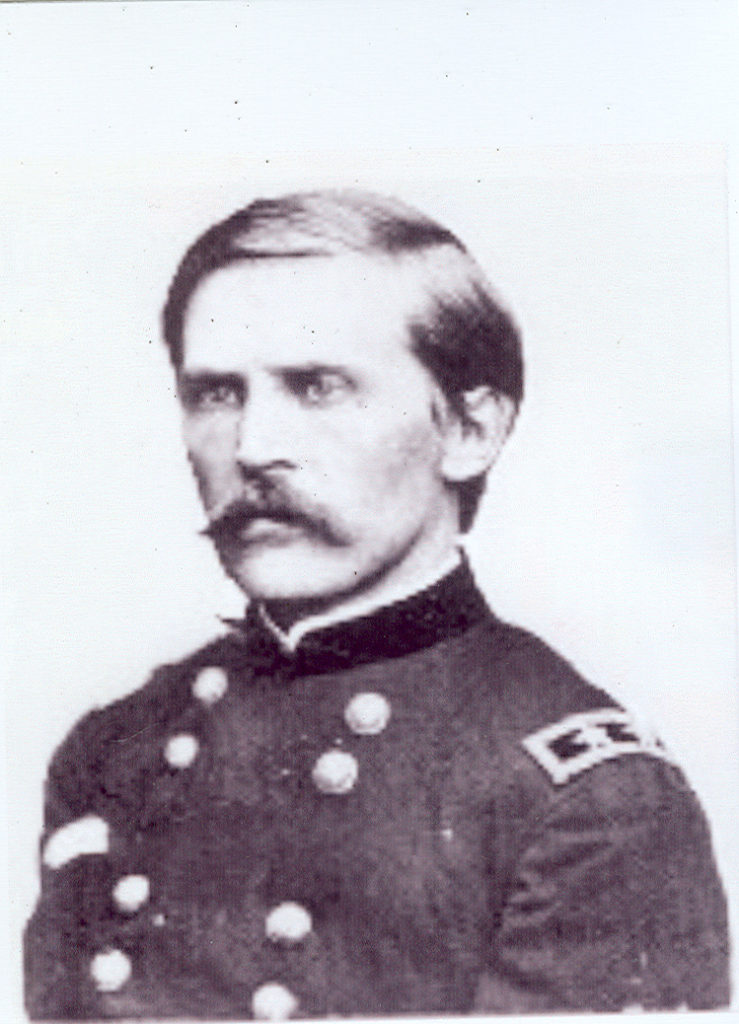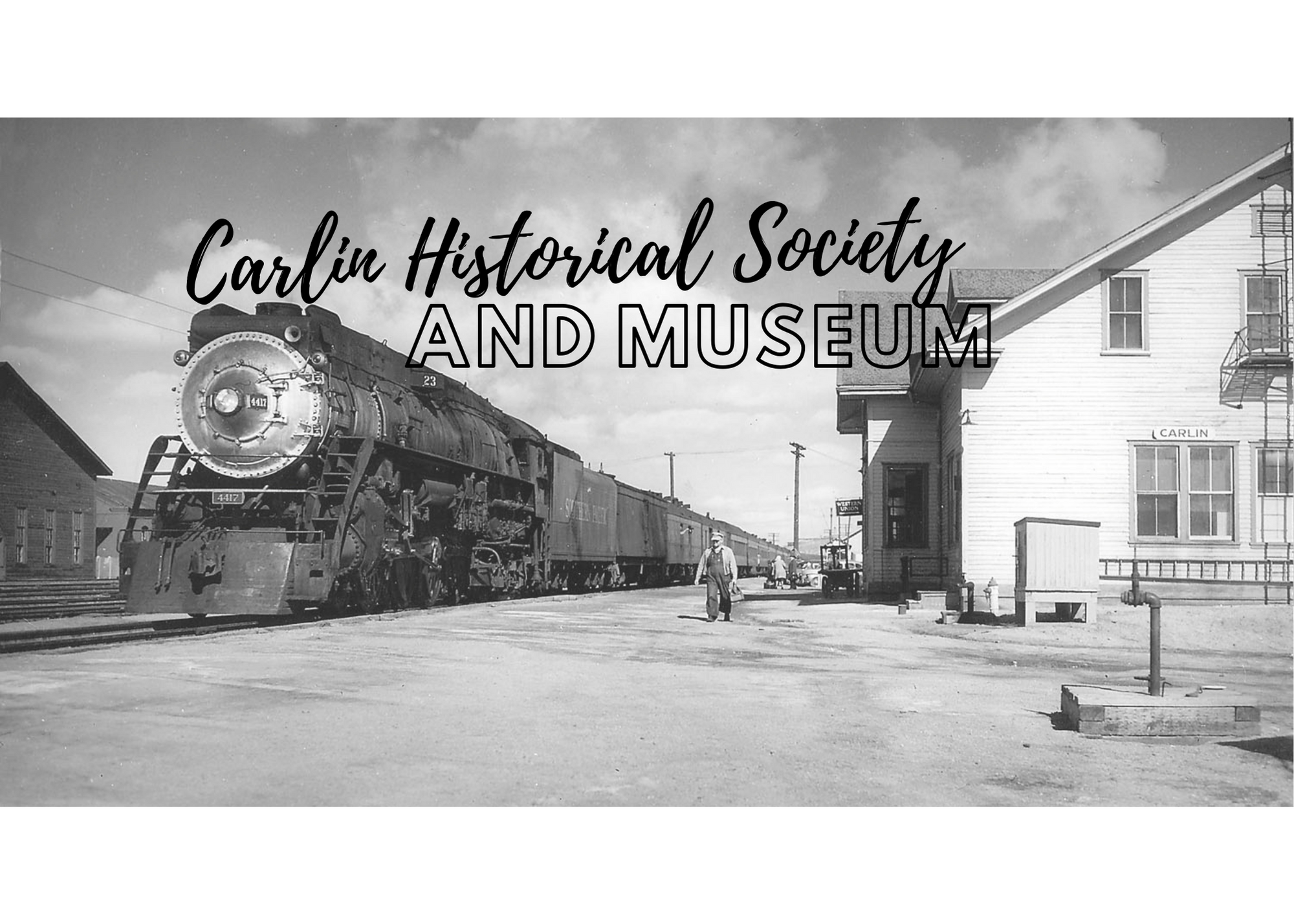Most Carlinites’ know that the town was named after a military figure. Though there is some confusion about why and what his rank actually was. Captain or General? Did he spend time here or did he just pass through? Did he have three daughters named, Mary, Susy, and Maggie. Well, though some may never agree…here are the facts.
William Passmore Carlin was born in Illinois in 1829. He graduated from the U.S. Military Academy at West Point in 1846. In 1858, First Lieutenant Carlin traveled west to Utah. Later that year, he traveled further West to California. When the Civil War began in 1861, Carlin returned to the East and was promoted to Captain and quickly after that he was promoted to the rank of Colonel. By the end of the war in 1865 he had reached the rank of Brigadier General. He died in 1893.

Despite several authors claiming that Carlin was stationed in the area at the “Government Military Indian Reservation Headquarters” until it was moved to Owyhee this is not accurate. His memoirs make no reference to such a posting. They merely document that he passed through the area. The title given the location isn’t exactly accurate either. The reservation was located on Maggie Creek, approximately, 1 ½ miles north of the town. The location was chosen in 1874 and no military post was built there. By 1888, the land was returned to the Department of the Interior. During this time, Carlin was stationed in the Dakotas, Wyoming, and then North Idaho.
Another persistent rumor is that the three creeks that run through the Valley to the Humboldt River were named after his three daughters. But Carlin had only one child with his wife and that child was a boy. Another William Carlin. No daughters to be seen.
So, how did the town get the name? The Central Pacific Railroad used various methods for picking a name for places they “created” as they laid tracks headed east. For example, it is believed the town of Elko was named after an animal and the “o” was just added for some extra jazz. How Carlin got its name is a little more logical. Supposedly some of the pushers and shakers at the Central Pacific admired West Point graduates who fought for the Union in the Civil War. Consequently, William Passmore Carlin, a West Point graduate with 43 years of service in the military was chosen that day.
